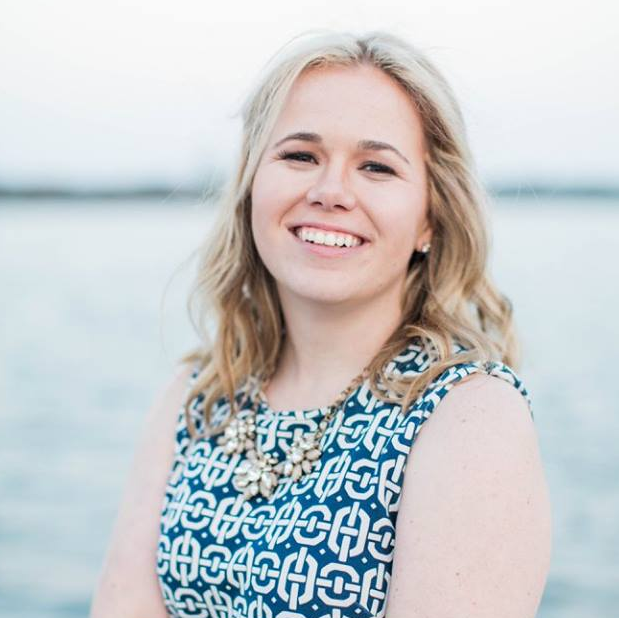For universities and researchers across the country, access to certain National Oceanic and Atmospheric Administration (NOAA) weather data could be prohibitively expensive.
A new partnership between George Mason University in Fairfax, Va., and Ligado Networks is hoping to demonstrate the feasibility of delivering NOAA real-time weather data to users across the country at a lower cost, using a cloud-based network.
“The network we’ve developed will give the university unprecedented access to real-time public weather data, making it possible for the school’s weather research programs to better study our atmosphere and develop useful tools that will benefit the broader American public,” said Doug Smith, Ligado Networks’ president and chief executive officer.
The partnership will help students and scientists with researching, tracking, and predicting the weather.
“Extreme weather events have a huge impact on people, including their families, homes and businesses,” said Deborah Crawford, Mason’s vice president for research. “Faster and more accurate climate modeling and weather prediction will help people and organizations–including emergency responders–better prepare for and respond more quickly to weather-related events such as tornadoes, floods and wildfires, saving lives and livelihoods.”
As part of the partnership, the university and Ligado will compare the delivery of weather data from existing satellite systems with the new cloud-based content delivery network that Ligado has developed. As part of the comparison, George Mason and Ligado will examine speed and reliability of the data delivery to users nationwide. The new partnership also includes reviewing the accuracy of existing weather forecasting models and advance detection of meteorological conditions, with the hope of improving the models. The new information extraction tools will be available, for free, to the public.
“This type of network could also be expanded so schools, libraries, and the general public have access to NOAA data, which will go a long way to advancing science, technology, engineering, and mathematics education,” Smith said. “It’s hard to imagine all that may be possible by opening up access to this data, and together with Mason, we look forward to exploring those possibilities over the coming years.”

